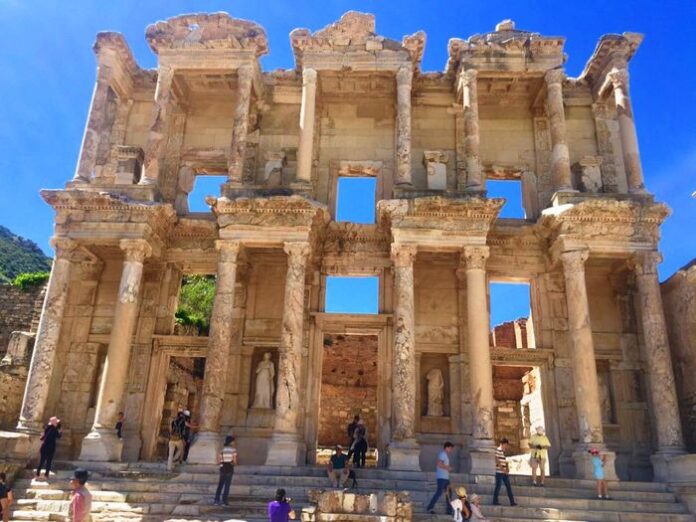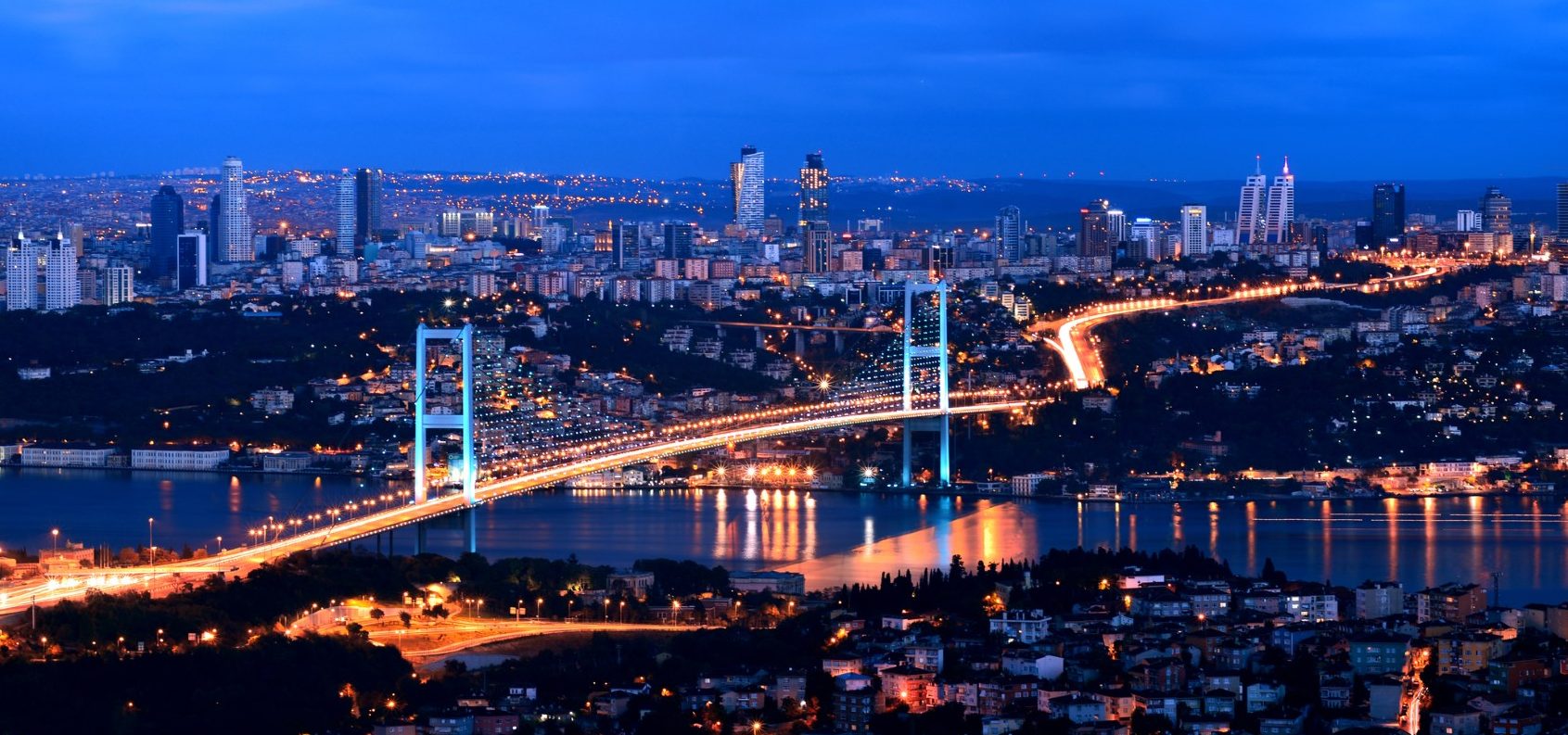The Importance of Bulgarian Distinction
The distinct racial and cultural makeup of the Bulgarians helps explain why they remained passive under foreign domination, while their neighbors, such as the Serbs and Montenegrins, were able to resist and secure independence. Several other factors also played a role. The banishment of the old Bulgarian nobility weakened leadership, the proximity to Constantinople made rebellion risky, and the population was not fully homogeneous.
Although the Bulgarians outnumbered other ethnic groups in the region, the Turks and Greeks, often working in concert, formed a significant element that limited the political and social power of the native population. This combination of geography, history, and demographics created a situation in which large-scale independence movements were difficult to organize until the 19th century Customized Turkey Tours.
Misconceptions and Bias in Observations
Determining the exact place of Bulgarians in the social scale has been challenging. Numerous books have been written about the Slavic provinces of the Ottoman Empire, but many were authored by English writers whose political views influenced their judgments.
For example, an English Tory depicted Bulgarians as “lazy, drunken, and superstitious” while praising Turks as “honest, sober, and industrious”. He even claimed that the “purest family love exists in the harem as much as in any European household”. On the other hand, an English liberal viewed Turkish life negatively, suggesting that Muslims were often drunk and violent, while portraying Bulgarians as industrious, frugal, and generally reliable, even if somewhat indifferent as workers.
The truth, as is often the case, lies somewhere between these extremes. Observers must consider both bias and firsthand experience when judging character and behavior.
Personal Observations in Bulgaria
The present writer had the opportunity to spend several days in Bulgaria about six years ago, meeting many inhabitants and speaking extensively with Western Europeans employed on the Varna railway. These conversations and observations gave a more balanced perspective The Bulgarians and Their Land.
The Bulgarians encountered were hardworking and practical, deeply attached to family and community, and proud of their national identity. While not as politically active as some of their neighbors, they possessed a strong cultural cohesion and a sense of resilience shaped by centuries of foreign domination. They were not lazy or fanatical as some biased writers claimed, but neither were they perfect; they displayed human flaws alongside admirable qualities.
The social and cultural character of the Bulgarians cannot be understood without considering their history, geography, and racial composition. While external observers often offer conflicting opinions colored by political or cultural bias, direct engagement with the people reveals a nation of hardworking, resilient, and thoughtful individuals. The Bulgarians’ ability to preserve their language, traditions, and identity under foreign rule demonstrates a quiet strength that ultimately allowed them to emerge as a unified and independent nation.








